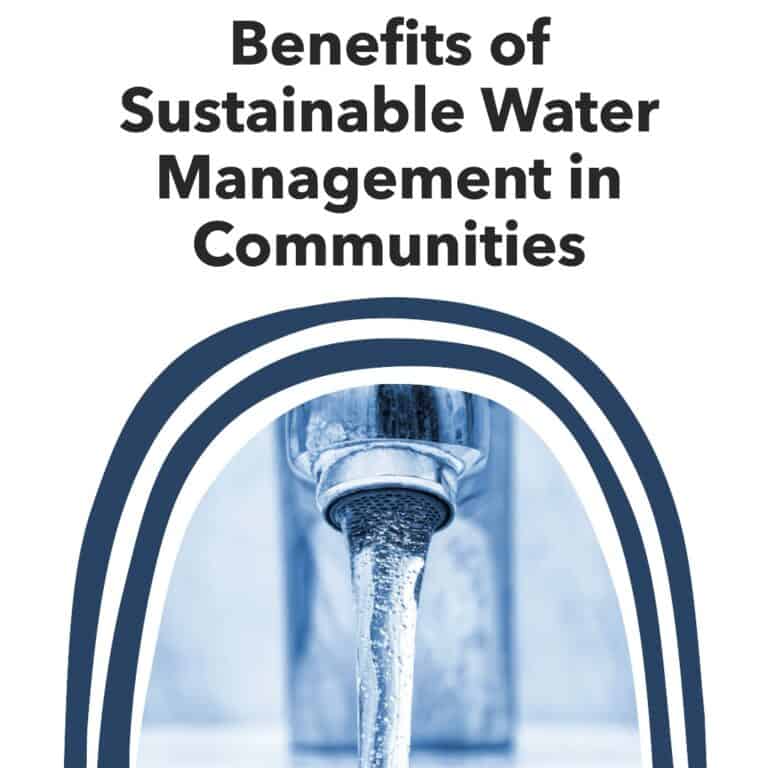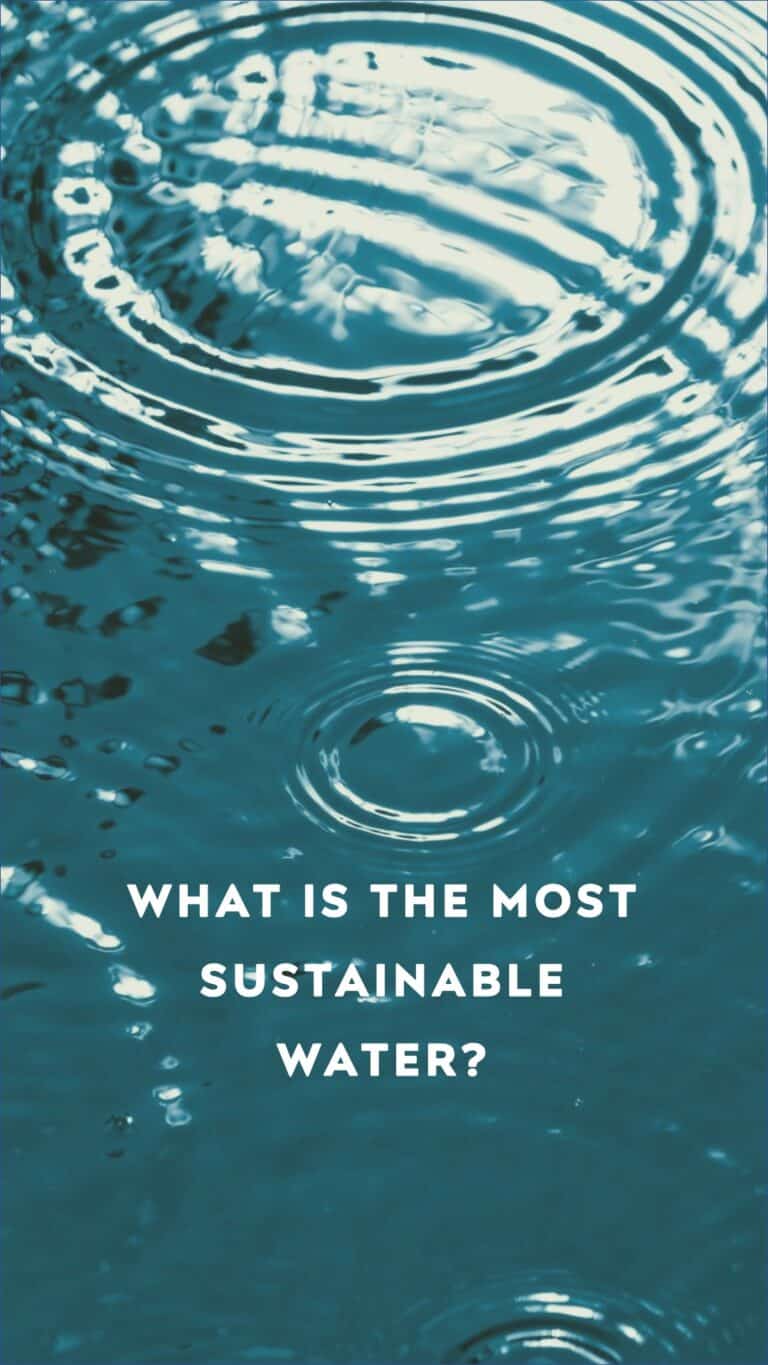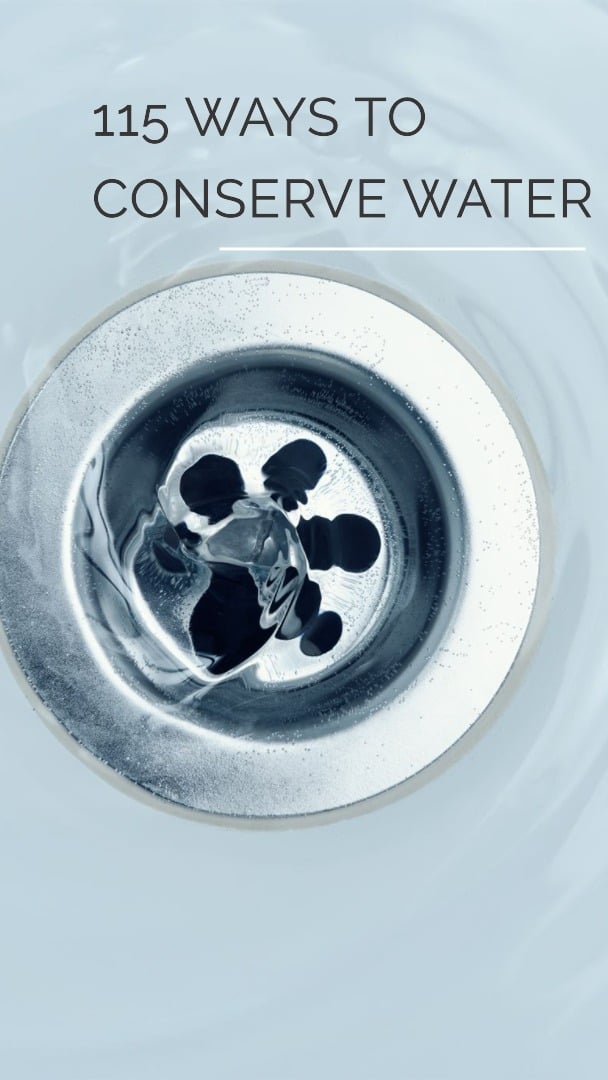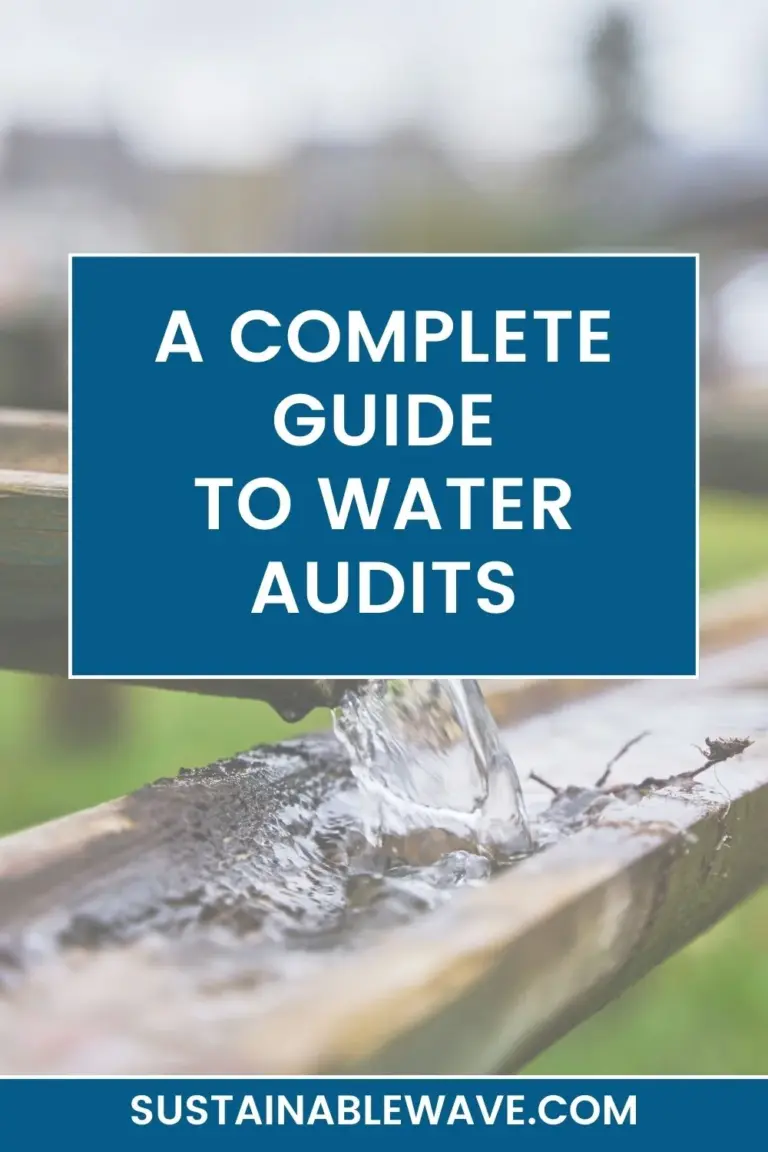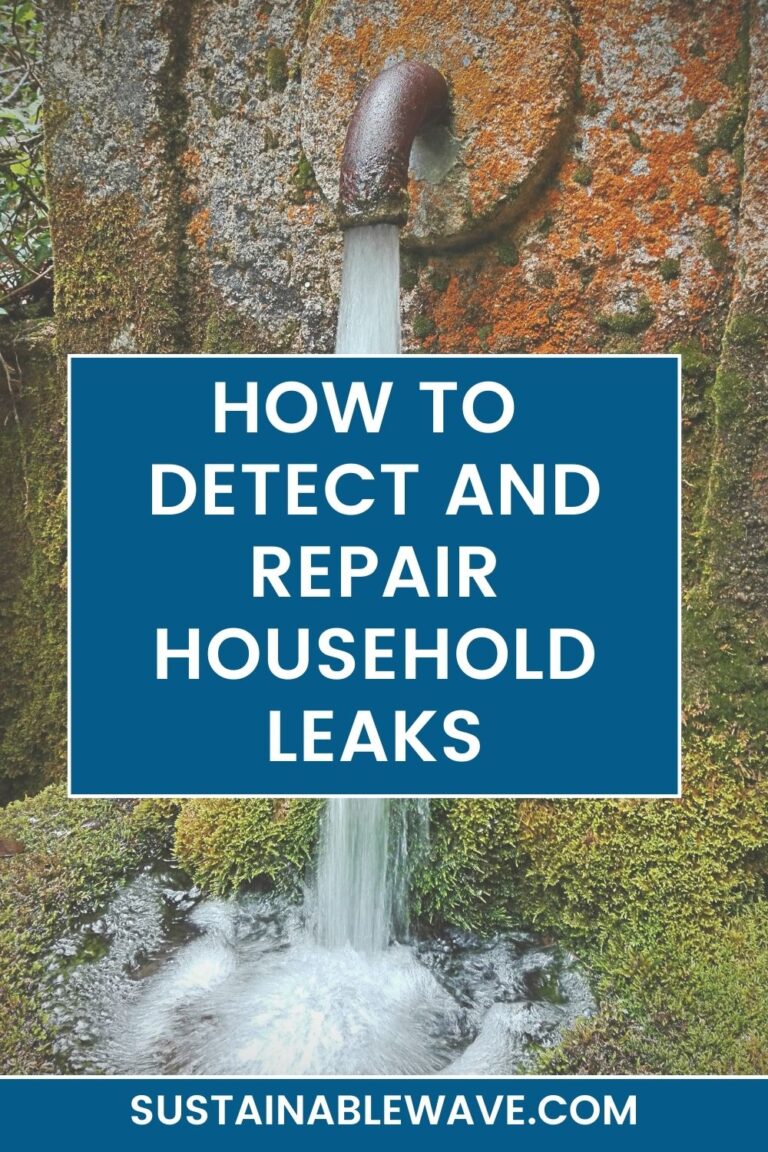Water, the source of life, is under attack from pollution, especially in rural areas. As inhabitants of Earth, we share the responsibility to protect this essential resource. But how do we effectively prevent water pollution in these areas?
To prevent water pollution in rural areas, it’s crucial to educate communities about pollution’s impact, promote sustainable agriculture practices, and improve waste management. Government support in policy implementation and infrastructure provision is equally important.
Today, we’ll delve into this crucial topic, exploring the root causes and suggesting concrete actions we can take to protect our water sources.
How to Prevent Water Pollution in Rural Areas
Preventing water pollution in rural areas is a complex task that calls for understanding, planning, and collaboration.
There are various strategies that can be employed by individuals, communities, and governments to protect our precious water resources.
Community Education and Involvement
The first step towards preventing water pollution lies in raising awareness. Ignorance often leads to harmful practices that pollute water.
Therefore, spreading knowledge about the consequences of water pollution and how it can be prevented is vital.
Organize workshops, distribute informative materials, and involve communities in pollution prevention activities.
When people understand the value of clean water and the repercussions of pollution, they are more likely to adopt practices that protect water sources.
Promotion of Sustainable Agriculture
Agriculture is a significant source of water pollution in rural areas due to the excessive use of chemical fertilizers and pesticides.
By promoting sustainable agriculture practices such as organic farming, precision agriculture, and integrated pest management, we can substantially decrease water pollution.
These methods reduce the dependence on synthetic inputs and promote biodiversity, leading to healthier ecosystems.
Improved Waste Management Practices
Proper waste management is crucial in preventing water pollution.
Both liquid and solid wastes need to be treated and disposed of properly to prevent them from contaminating water bodies.
Encourage waste reduction, recycling, and composting within communities.
Also, provide access to proper waste disposal facilities.
Proper Sanitation Facilities
In many rural areas, the lack of proper sanitation facilities contributes significantly to water pollution.
Ensuring access to and usage of sanitary toilets can prevent human waste from contaminating water sources, thus reducing the spread of water-borne diseases.
Regulation and Monitoring of Industrial Activities
While rural areas might not be the hub of industrial activities, small-scale industries can still contribute to water pollution.
Strict regulation and regular monitoring of these industries are needed to ensure that they treat their waste before disposal and adhere to environmental safety standards.
Practical Steps to Prevent Water Pollution in Rural Areas
Preventing water pollution in rural areas involves strategic planning and the collective effort of the community.
Here are some practical steps that can be taken to protect our water sources:
Creating Awareness through Community Workshops
Community workshops serve as a powerful tool for disseminating knowledge.
By organizing these workshops, we can impart essential information about the causes, effects, and prevention of water pollution.
Make use of real-life examples, hands-on demonstrations, and interactive sessions to engage the participants.
A well-informed community is the first step towards a pollution-free environment.
Implementing Sustainable Agriculture Practices
Teaching farmers about sustainable agriculture can make a massive difference in preventing water pollution.
Activities like soil testing can help farmers avoid over-fertilization.
Further, promote the use of organic fertilizers and pesticides, and encourage methods like crop rotation and agroforestry to maintain soil health, thus reducing the need for synthetic inputs.
Adopting Proper Waste Disposal Practices
Waste disposal plays a crucial role in managing water pollution. Communities should be equipped with appropriate facilities for waste disposal.
Encourage composting of organic waste at the household level and promote segregation of waste to improve waste management efficiency.
Conserving Wetlands and Riparian Zones
Wetlands and riparian zones (land adjacent to rivers and streams) act as natural filters for pollutants.
Encourage local communities to conserve these ecosystems and discourage activities that may degrade them.
Planting trees along water bodies can also help in soil stabilization, thus reducing soil erosion and sedimentation in water bodies.
Promoting Water Conservation
By promoting practices like rainwater harvesting and efficient irrigation methods, communities can reduce their dependence on freshwater sources.
This reduces the demand pressure on these sources and can contribute to their long-term sustainability.
Teaching the community about the importance of water conservation can also make them more mindful of their water usage and waste generation.
Role of Government in Preventing Water Pollution in Rural Areas
The role of government in preventing water pollution in rural areas is critical and multifaceted. One of the primary responsibilities of the government lies in formulating, implementing, and enforcing policies and regulations.
These should be designed to prevent harmful activities that lead to water pollution and impose penalties on those who violate them.
The enforcement of such policies can dissuade potential polluters and create a culture of compliance.
Next, the government plays a significant role in establishing and maintaining infrastructure to support pollution prevention.
This includes setting up waste disposal systems, sewage treatment plants, and clean water supply systems.
These facilities can ensure that waste, a significant contributor to water pollution, is managed properly, preventing it from seeping into and contaminating water bodies.
Moreover, the government can also provide rural communities with easy access to resources and facilities for soil testing. This can help in monitoring and controlling the use of agricultural chemicals, thereby reducing their runoff into water bodies.
Another vital area where the government can make a considerable difference is in promoting sustainable agriculture.
By providing training, subsidies, and incentives for organic farming and other environmentally friendly agricultural practices, the government can directly contribute to reducing agricultural runoff.
Lastly, the government should also invest in scientific research and technology development aimed at water pollution prevention and mitigation.
By sponsoring such research, the government can pave the way for advanced solutions that are both effective and practical for rural areas.
Through active participation and sustained effort, the government can play a pivotal role in preventing water pollution in rural areas.
FAQ’s
1. Why is it important to prevent water pollution in rural areas?
Water pollution in rural areas can lead to severe health issues for the inhabitants, harm aquatic life, and disrupt the ecosystem. Therefore, it’s crucial to prevent it.
2. How can agriculture contribute to water pollution in rural areas?
Agriculture can contribute to water pollution through the runoff of excess fertilizers and pesticides into water bodies, and improper disposal of livestock waste.
3. What is the role of community education in preventing water pollution?
Community education raises awareness about the causes, effects, and prevention methods of water pollution, prompting individuals to adopt environmentally friendly practices.
4. How can the government help in preventing water pollution in rural areas?
The government can prevent water pollution by formulating strict policies against pollution, providing necessary infrastructure, and supporting sustainable agriculture.
5. What are some practical steps individuals can take to prevent water pollution?
Individuals can prevent water pollution by practicing proper waste disposal, reducing the use of harmful chemicals, and participating in community clean-up activities.
6. Why is sustainable agriculture important in preventing water pollution?
Sustainable agriculture reduces the dependence on synthetic fertilizers and pesticides, which are major contributors to water pollution. It also promotes soil health and biodiversity.
Key Takeaways
Preventing water pollution in rural areas is an imperative task that calls for collective efforts from individuals, communities, and governments.
While the challenge is significant, the steps to combat it are clear.
It begins with education and ends with concerted action.
The fate of our precious water sources is in our hands, and the time to act is now.
Let’s strive for a cleaner, healthier, and safer environment together.
Sources

I’m Thomas, the owner of SustainableWave. Passionately promoting a sustainable planet. With experience in various eco-roles, I’ll share green tips, sustainability hacks, and personal eco-journeys on my blog.

